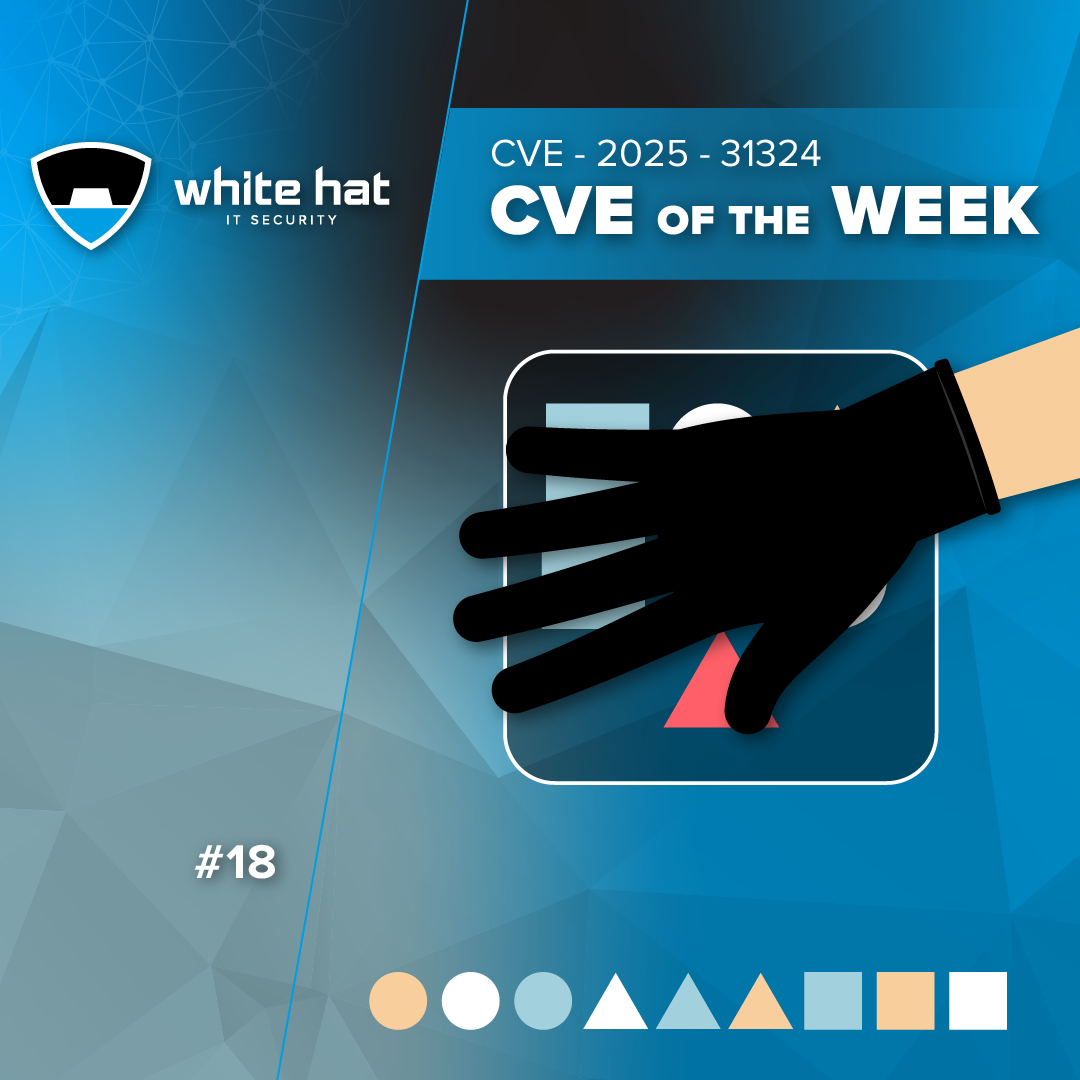Week 26 – What if the zero-trust provider can’t be trusted?
23 – 29 June 2025 The blast radius of a compromised security solution is always massive — just like the Cisco ISE API vulnerabilities featured in this post from our CVE of the Week series. Cisco’s ISE (Identity Services Engine) is the Network Access Control …




